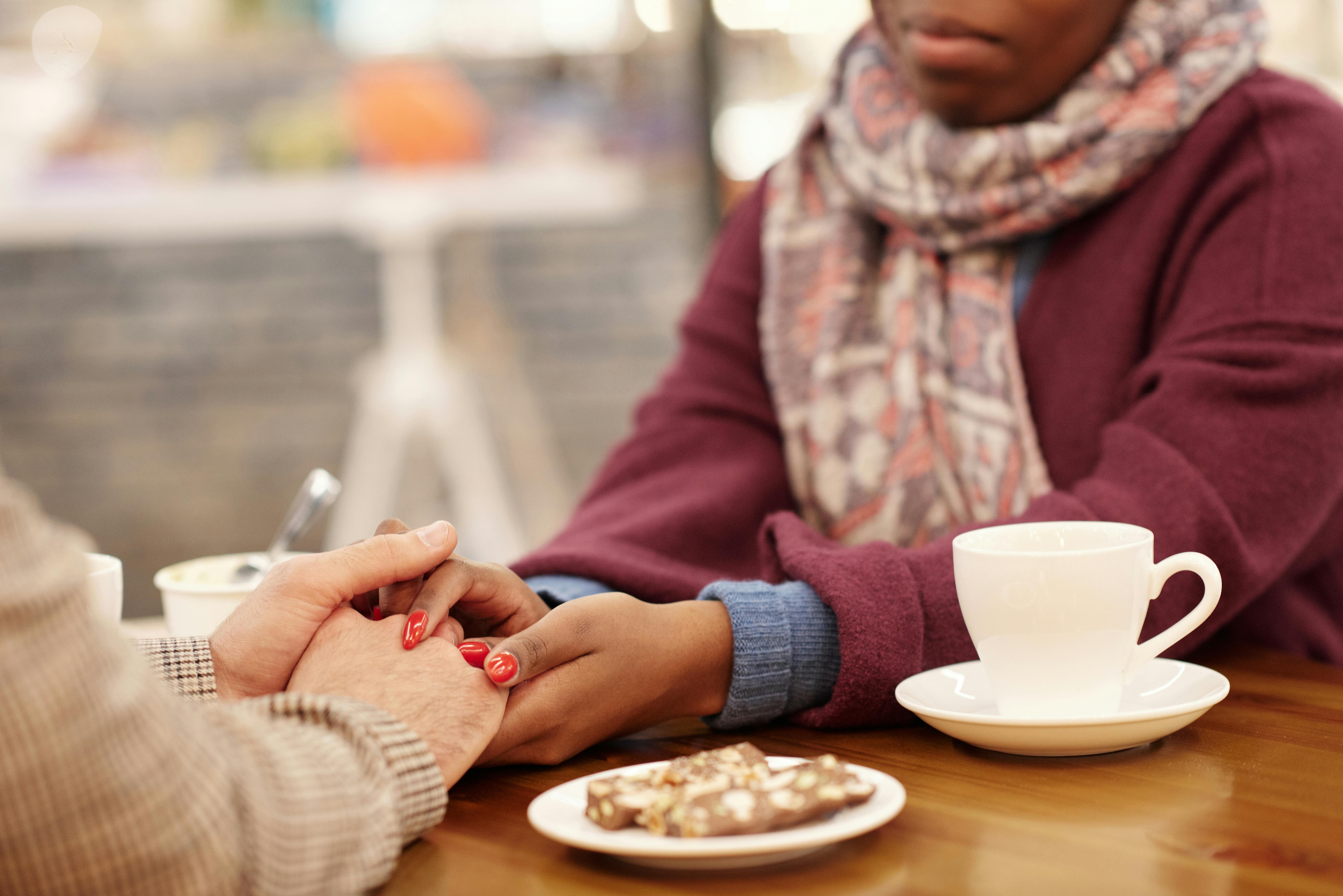ALLIES FOR SURVIVORS

Insight comes slowly, like the careful stringing of pearls. A jewel, a knot, another jewel, another knot. It’s an insanely difficult act to make a necklace in the midst of tempest, to sit quietly with trembling fingers, while the well water spills over from the sides of your eyes. But with insight also comes healing, the return of laughter, the possibility of joy. Doris Schwerin
Allies for survivors are an essential pearl in the necklace of insight, hope, and healing.
Families and friends sometimes are uncertain how best to show their support. This blog provides insights into what many victims find helpful. My aim is to provide guideposts for those who want to be allies for survivors.
What Support Looks Like
Survivors know the difference between an ally and someone who has an agenda for them. A survivor ally is someone who gives support without judgment or pressure. Support could be:
- Listening to survivors without telling them what to do
- Telling them they do not deserve to be hurt
- Saying you are there for them
- Expressing interest in their feelings and activities
- Asking what they need
- If they ask for help
- Giving information about safety planning
- Handing them a brochure or card for a helping agency
- Referring them to a helping professional
Connection Instead of Isolation

If you are the pearl that breaks their isolation, this is a precious gift.
It’s important to listen and ask questions. Do not underestimate the importance of this. Survivors often feel invisible and like they don’t matter. Listening and showing you care counters that abusive message.
Listening creates the space for victims to think out loud. To reflect and question. Your presence provides a strong thread on which survivors can string, one step at a time, their chosen pearls of change.
Allies for survivors provide non-abusive points of view. Abusive partners devalue and negate survivors’ perceptions, undermining their trust in themselves. Validating their perceptions about abuse builds their confidence that they aren’t crazy, something their partners tell them.
Giving information without pressure allows space for survivors to process and decide what they want to do. Do not be discouraged if a survivor does not pursue resources immediately. They know what is right for them, what they are ready for, and most important, what is safe. Allies open the doors of support, and survivors remember and reach out to them when it’s time.
Do Not Push Change
Many allies of survivors feel afraid for them, and this can lead to telling them what to do, which isn’t helpful. Survivors have a lot to work through and need to do it at their pace. They best know the danger they face as well. Review the Coercive Control Checklist for more knowledge about abusive methods.
Change is a process that involves thinking and reflecting. It is slow work, especially when survivors are in the midst of constant abuse and chaos. But it’s the path to discovering and owning their lives.
Here is what the Prochaska’s Stages of Change looks like for survivors:
- Pre-contemplation: feeling confused and trying to please the abuser
- Contemplation: identifying abuse is occurring, grieving and processing emotions, looking at options
- Preparation: deciding what they want and planning for safety
- Action: taking the actions that achieve their goals
- Maintenance: maintaining changes and acclimating to new lives
Allies help when they support where survivors are on this change continuum. It does not help to rush them into decisions, and in fact may cause them to avoid you.
Know You Make a Difference
Being an ally for a survivor can be tough. It requires expressing your concern or fear but not pushing an agenda of leaving. Show empathy and care with imposing your values or opinions unless you’re asked for them.
Instead, ask questions about how they are and what they want. Tell them they don’t deserve abuse. Refrain from using “should” and “must.”
It does not empower those we care about when we tell them what to do or are critical when they don’t do what we think they should. None of us knows fully what is best for another.
Survivors always remember those people who reached out to them, even if they don’t respond or express appreciation. That is important for doctors, nurses, social workers, and other allies to remember as well. We rarely know the difference we make in another person’s life.
Survivors want to be free of abuse and to heal. Figuring that out is a process. Being an ally needs to be centered on their circumstances. That means trusting that they will find their way when given support, time, and resources.
Resources
A national hotline: https://www.thehotline.org/ or tel:1.800.799.7233 or TTY tel:1.800.799.7233
The National Coalition Against Domestic Violence provides a safety planning guide and other resources. https://ncadv.org/personalized-safety-plan

